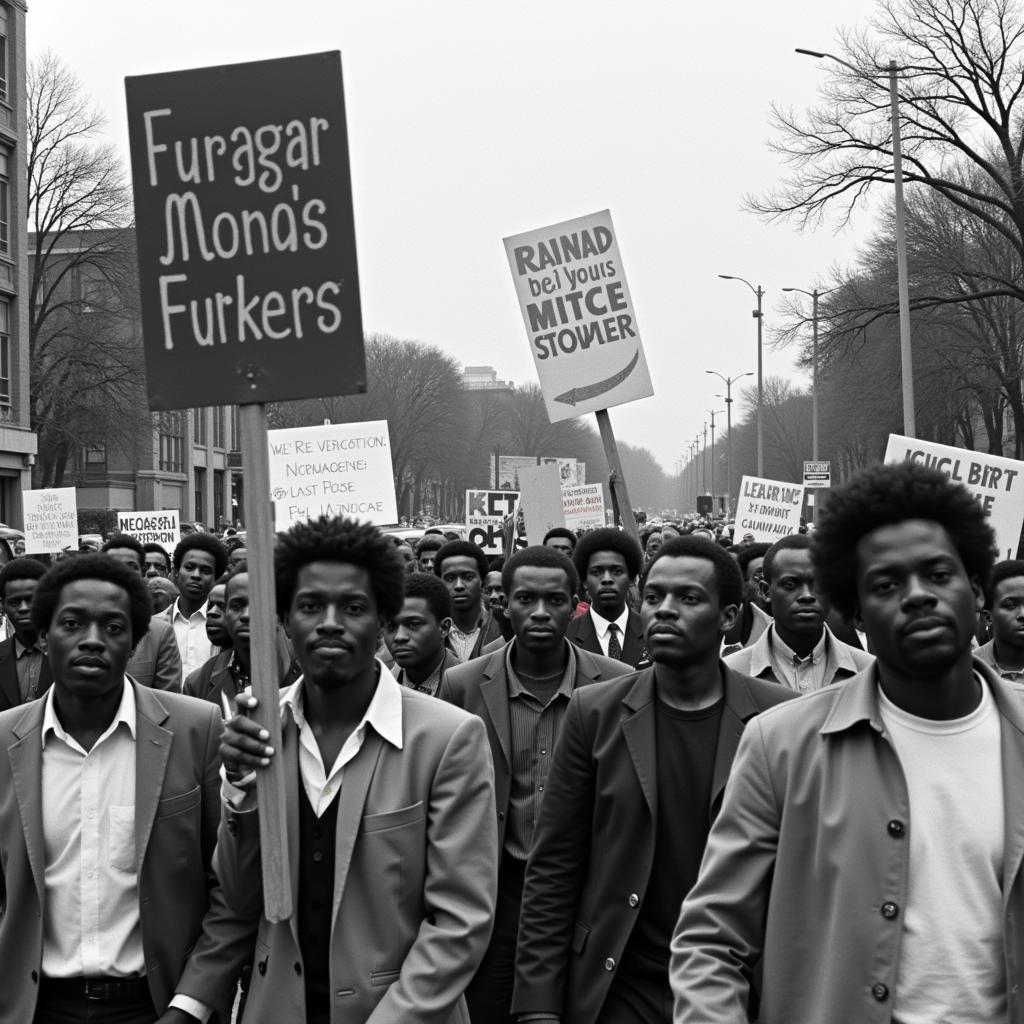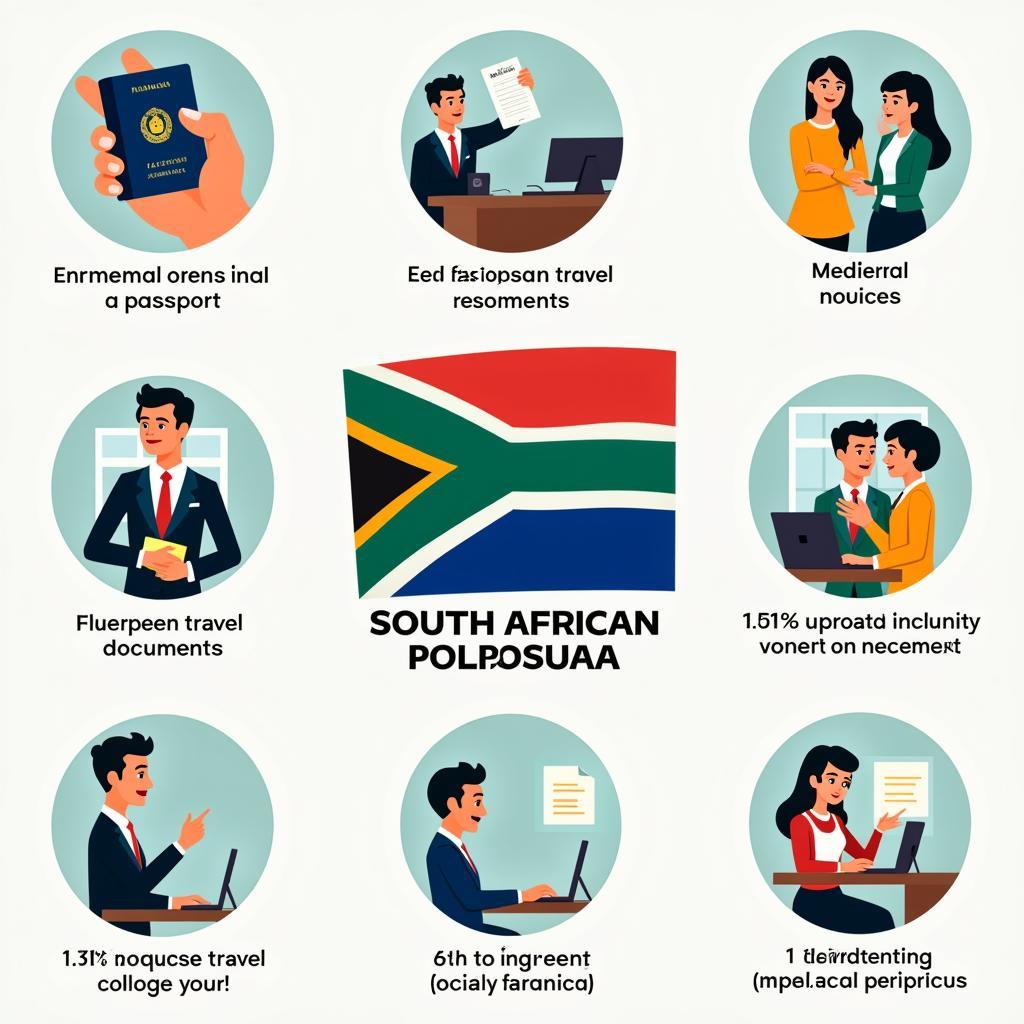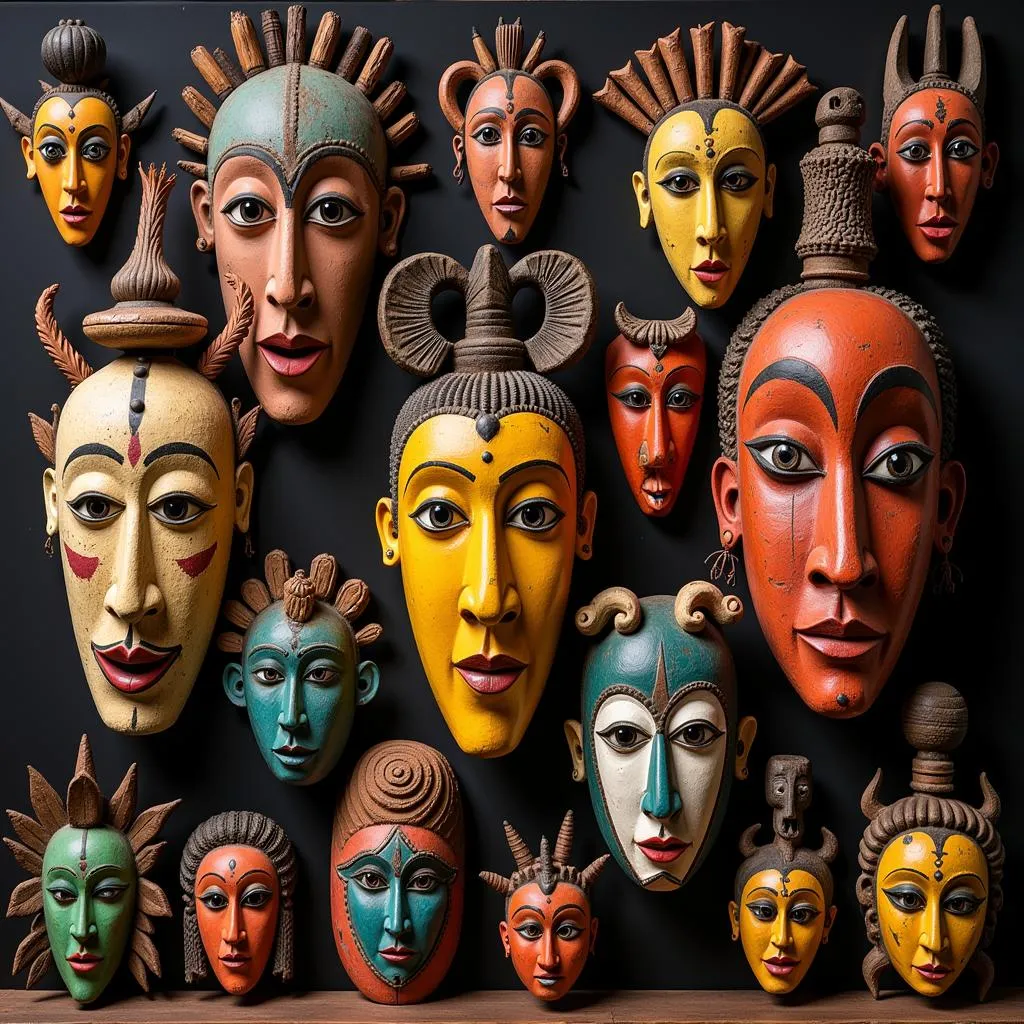Finding an African American Therapist in Raleigh, NC
Finding the right therapist is a crucial step towards prioritizing your mental well-being. For many, connecting with an African American therapist in Raleigh, NC, offers the potential for a deeper understanding and shared cultural experience. This article will explore the benefits of seeking therapy, the importance of cultural competency in mental health care, and provide resources for finding an African American therapist in Raleigh.
Why Seek Therapy?
Therapy provides a safe and confidential space to address various emotional and mental health challenges. Whether you’re struggling with anxiety, depression, relationship issues, or simply seeking personal growth, a therapist can provide support and guidance. They can help you develop coping mechanisms, process trauma, and improve your overall well-being.
The Importance of Cultural Competency in Therapy
For African Americans seeking therapy, finding a culturally competent therapist can be particularly important. Shared cultural experiences, understanding of systemic racism, and familiarity with unique stressors faced by the Black community can create a stronger therapeutic alliance and foster a deeper sense of trust. A therapist who understands these nuances can provide more effective and relevant support.
Navigating the Search for an African American Therapist in Raleigh
Finding the right therapist can sometimes feel overwhelming. Fortunately, there are several resources available to help you in your search for an African American therapist in Raleigh, NC.
- Online directories: Websites like TherapyForBlackGirls.com, PsychologyToday.com, and InclusiveTherapists.com offer searchable databases of therapists, allowing you to filter by location, specialty, and cultural background.
- Community organizations: Local community centers, churches, and cultural organizations often have resources or referrals to mental health professionals who serve the Black community.
- Word of mouth: Reach out to friends, family members, or community leaders for recommendations. Personal referrals can be a valuable way to find a therapist who is a good fit for you.
Benefits of Therapy with a Culturally Competent Therapist
Connecting with an African American therapist can offer several unique benefits. The shared cultural background can foster a sense of understanding and validation, making it easier to discuss sensitive topics. This can lead to a stronger therapeutic relationship and more effective treatment.
Overcoming Barriers to Mental Health Care in the Black Community
Historically, there have been significant barriers to mental health care access within the Black community. Stigma, lack of culturally competent providers, and systemic inequalities have all contributed to this disparity. By actively seeking out culturally competent therapists, individuals can begin to break down these barriers and prioritize their mental well-being.
- Addressing Stigma: Openly discussing mental health and seeking professional support helps to reduce stigma within families and communities.
- Advocating for Equitable Access: Supporting organizations that work to improve access to mental health care for marginalized communities is essential.
Tips for Choosing the Right Therapist
Choosing the right therapist is a personal decision. Consider the following factors:
- Specialization: Look for a therapist who specializes in the areas you want to address, such as anxiety, depression, or trauma.
- Therapy approach: Different therapists use different therapeutic approaches. Research different modalities to find one that resonates with you.
- Personality and style: It’s important to find a therapist you feel comfortable with and can connect with on a personal level.
“Finding a therapist who understands your cultural background can make a significant difference in the effectiveness of therapy,” says Dr. Anika Johnson, a licensed clinical psychologist specializing in culturally sensitive mental health care in Raleigh. “It can create a space where you feel truly seen, heard, and understood.”
Making the Most of Your Therapy Sessions
Once you’ve found a therapist, it’s important to be actively engaged in the process. Be open and honest with your therapist, and don’t be afraid to ask questions.
Conclusion
Finding an African American therapist in Raleigh, NC, can be a valuable step towards improving your mental well-being. By utilizing available resources and prioritizing cultural competency, you can find a therapist who understands your unique needs and can support you on your journey to healing and growth. Remember, prioritizing your mental health is an act of self-care and empowerment.
“It’s essential to remember that seeking therapy is a sign of strength, not weakness,” adds Dr. Johnson. “Taking care of your mental health is just as important as taking care of your physical health.”
FAQ
- How do I find an African American therapist near me? Use online directories like PsychologyToday.com and filter by race/ethnicity.
- What are the benefits of seeing a culturally competent therapist? Shared experiences and understanding of cultural nuances can deepen the therapeutic relationship.
- Is therapy covered by insurance? Many insurance plans cover mental health services. Check with your provider for details.
- How long does therapy typically last? The length of therapy varies depending on individual needs and goals.
- What if I don’t connect with my therapist? It’s okay to switch therapists if you don’t feel a good fit.
Common Scenarios and Questions
- Scenario: Feeling overwhelmed by anxiety and unsure where to start. Question: How do I know if therapy is right for me?
- Scenario: Experiencing racial trauma and seeking support. Question: How do I find a therapist who specializes in racial trauma?
- Scenario: Struggling with depression and feeling isolated. Question: How can therapy help me connect with others?
Further Resources and Articles
- Check out our article on “Navigating Mental Health Resources in Raleigh” for more local information.
- Explore our blog post on “The Power of Representation in Mental Health Care.”
Call us at +255768904061, email kaka.mag@gmail.com, or visit us at Mbarali DC Mawindi, Kangaga, Tanzania. We have a 24/7 customer service team.



